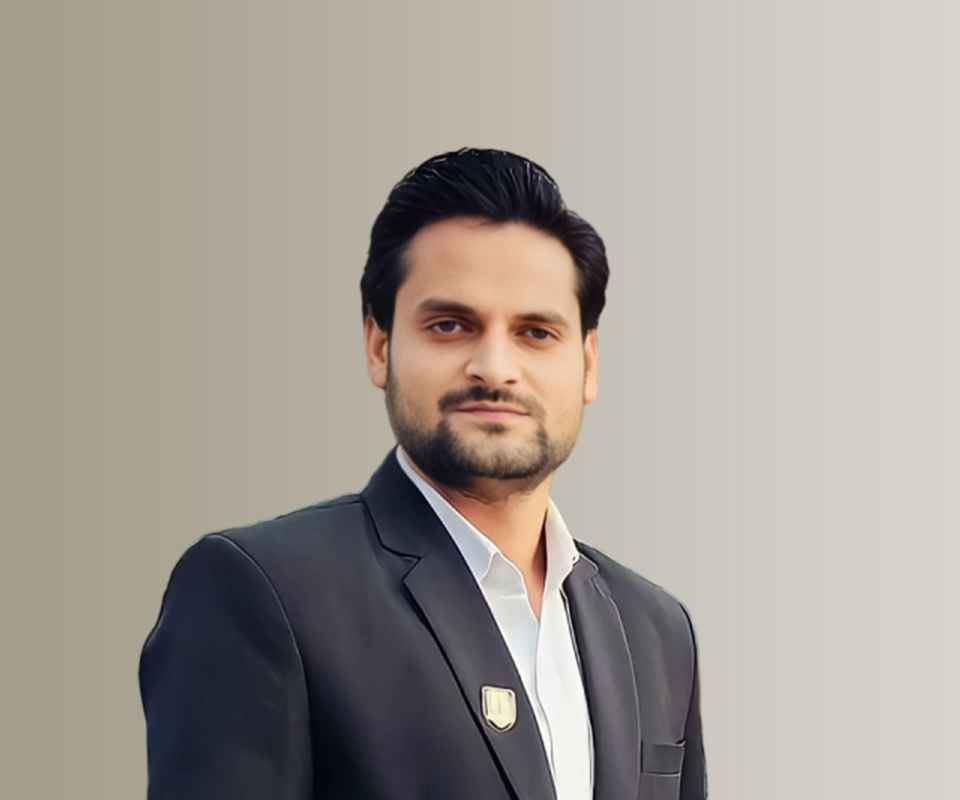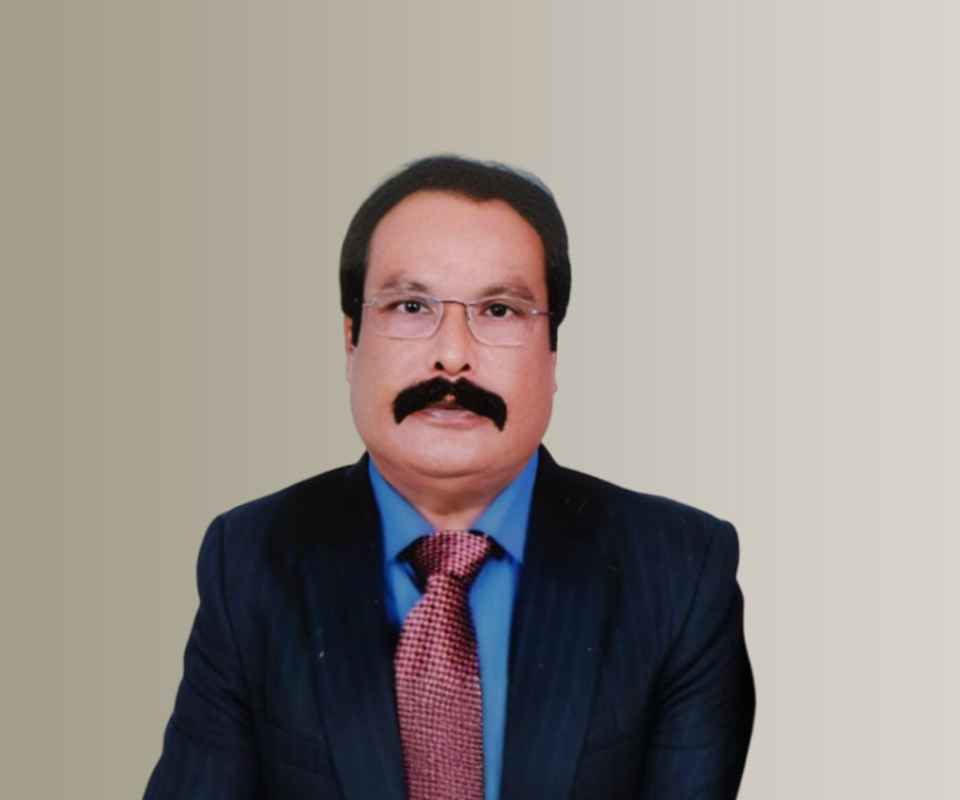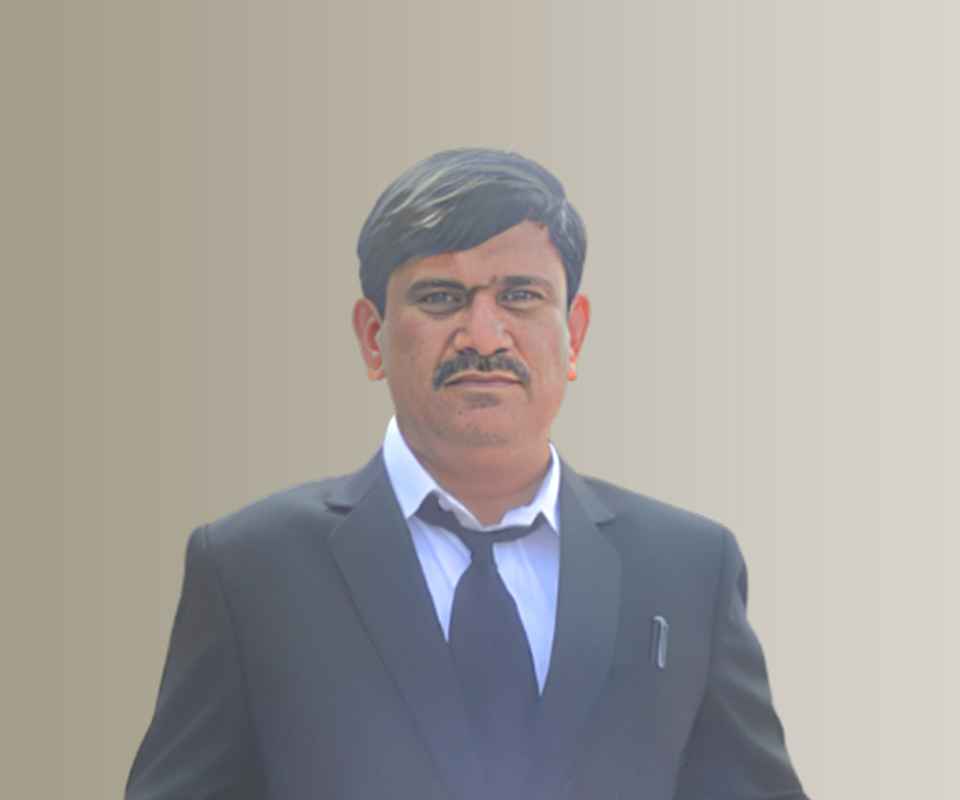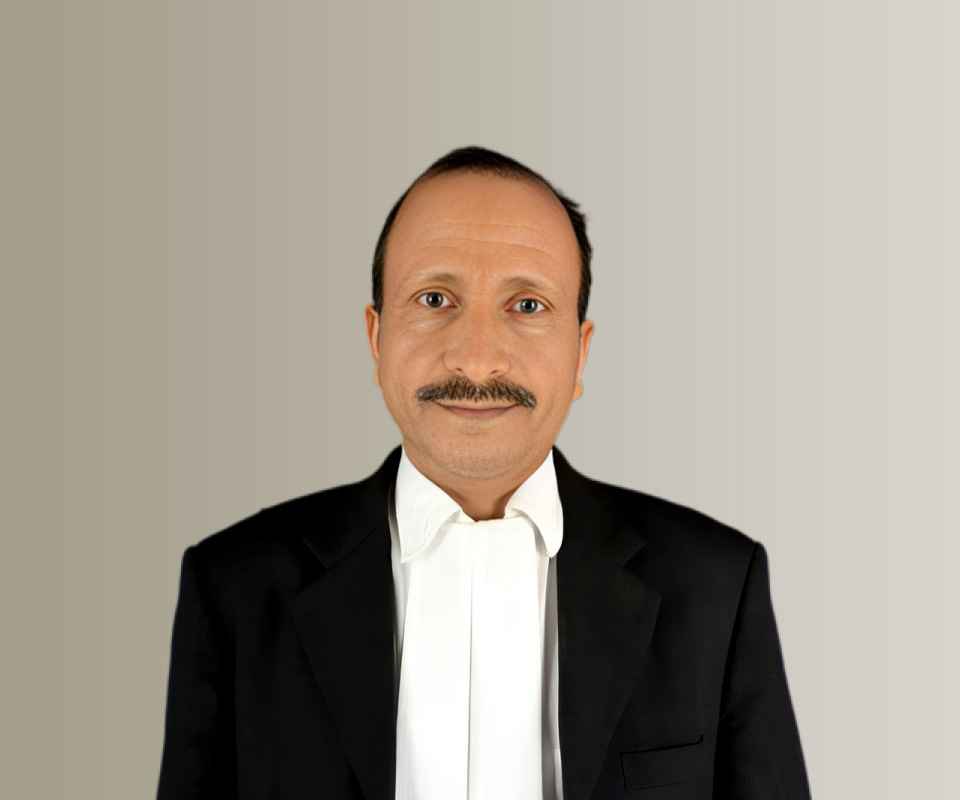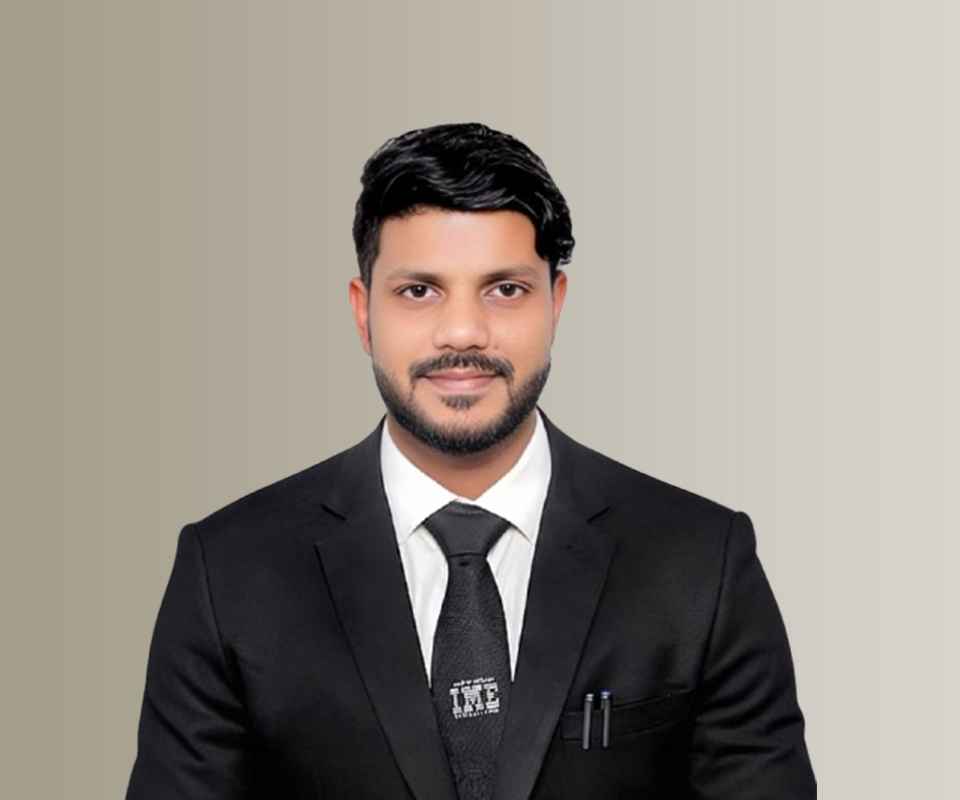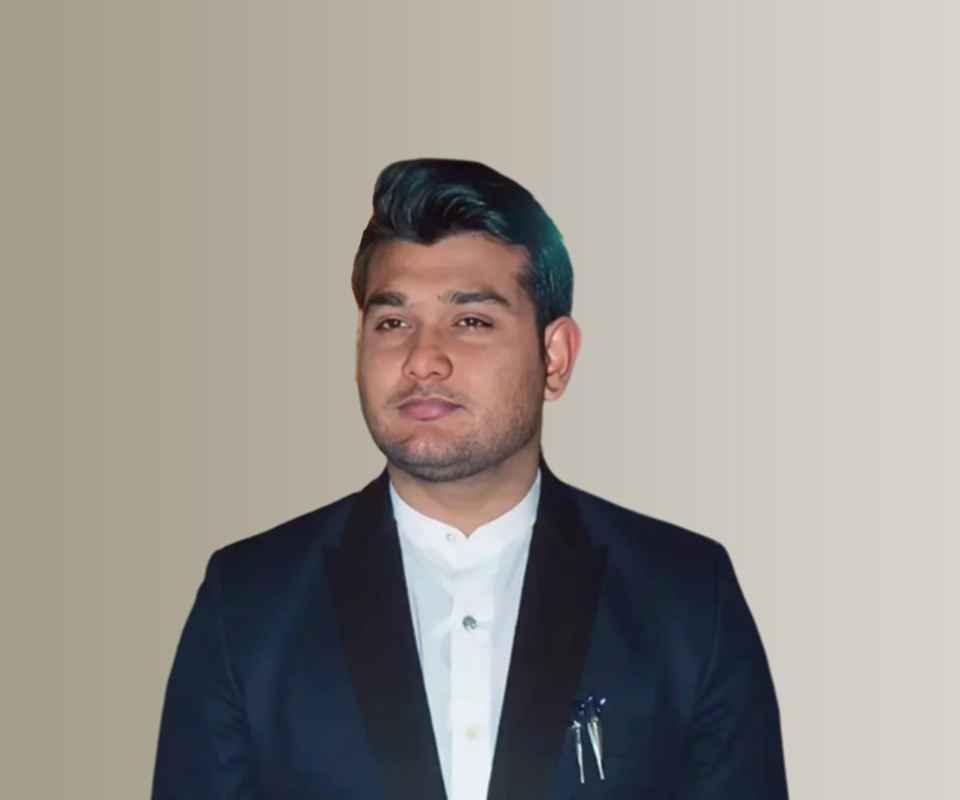Answer By law4u team
The disciplinary process for doctors in India ensures that medical professionals adhere to ethical and legal standards. If a doctor is found guilty of medical negligence, unethical behavior, or misconduct, a structured process is followed to investigate the issue and impose appropriate penalties. The process is overseen by the State Medical Council and the National Medical Commission (NMC).
Steps in the Disciplinary Process for Doctors:
1. Filing a Complaint:
The disciplinary process begins when a complaint is filed against a doctor for professional misconduct, negligence, or violating medical ethics. Complaints can be filed by patients, their families, colleagues, or even the authorities. They can be directed to:
- State Medical Council (SMC): The primary body for investigating issues at the state level.
- National Medical Commission (NMC): Intervenes in serious cases with national implications.
2. Preliminary Review of the Complaint:
Once a complaint is received, the relevant State Medical Council or NMC conducts a preliminary review to determine if the allegations have merit. This may involve:
- Verifying whether the complaint falls under the jurisdiction of the medical council.
- Ensuring that the complaint is based on valid grounds (such as negligence, unethical conduct, etc.).
3. Investigation of the Allegations:
If the complaint is deemed valid, a detailed investigation is carried out. This step typically involves:
- Gathering evidence, such as medical records, patient statements, and expert opinions.
- Interviewing witnesses, including the complainant, the doctor involved, and any third parties who may have relevant information.
- In some cases, medical experts are consulted to assess whether the doctor's actions were in accordance with medical standards.
4. Notice to the Doctor:
The doctor in question is notified about the allegations and is provided with an opportunity to respond. The doctor may be asked to:
- Submit a written explanation or defense regarding the complaint.
- Attend a hearing where both the complainant and the doctor can present their cases.
5. Hearing or Tribunal:
If the investigation requires further scrutiny, the relevant authority (State Medical Council or NMC) may hold a formal hearing. During the hearing:
- The complainant and the doctor will be given a chance to present their evidence.
- Medical experts or legal representatives may be consulted to help assess the validity of the complaint.
- Both sides may cross-examine each other and present supporting documentation.
6. Decision and Disciplinary Action:
Based on the findings from the investigation and hearing, the medical council or NMC will make a decision. The disciplinary action could range from mild warnings to severe penalties, depending on the nature and seriousness of the misconduct. Possible actions include:
- Warning: In cases of minor violations or first-time offenses, the doctor may receive a formal warning.
- Fine: The doctor may be asked to pay a financial penalty if found guilty of certain infractions.
- Suspension: A doctor may face temporary suspension of their medical license if the violation is serious but not criminal in nature.
- Revocation of License: In cases of severe misconduct (such as gross medical negligence, fraud, or sexual harassment), the doctor’s medical license may be permanently revoked, barring them from practicing medicine.
- Probation: In some cases, doctors may be placed under probation and allowed to continue practicing with certain restrictions or supervision.
7. Appeal Process:
If the doctor disagrees with the decision, they can file an appeal with a higher authority, such as:
- State Medical Council (if the complaint was initially filed with NMC).
- National Medical Commission (if the decision was taken by the State Medical Council).
- Consumer courts or legal proceedings can be pursued if the disciplinary action involves compensation or criminal matters.
8. Public Disclosure (If Applicable):
In some cases, the decision may be made public to ensure transparency and to inform the medical community and the public about the outcome. For instance, the revocation of a doctor’s license could be published to prevent the doctor from practicing in other regions or hospitals.
Example of a Disciplinary Process:
Dr. X, a surgeon, was accused of performing unnecessary surgeries to increase his earnings. The patient's family filed a complaint with the State Medical Council, providing medical records that showed no medical need for the surgeries. After a preliminary investigation and hearing, it was found that Dr. X had violated medical ethics by performing unnecessary procedures for financial gain. As a result, the State Medical Council decided to suspend his medical license for 6 months and imposed a fine.
Important Factors in the Disciplinary Process:
1. Medical Ethics and Professional Conduct:
The disciplinary process ensures that doctors maintain high standards of professional conduct and medical ethics, which include:
- Providing appropriate treatment to patients.
- Ensuring patient confidentiality.
- Maintaining honesty and integrity in medical practice.
- Informed consent before procedures.
2. Scope of Disciplinary Action:
Disciplinary action can vary depending on the severity of the violation:
- Minor infractions might only result in a warning or educational programs.
- Serious violations, such as criminal behavior or gross negligence, can lead to permanent license revocation and criminal charges.
3. Legal Implications:
In some cases, disciplinary actions are coupled with legal consequences. For instance, if the doctor’s actions involved fraud, sexual misconduct, or assault, the matter could be escalated to law enforcement agencies for criminal charges.
Conclusion:
The disciplinary process for doctors in India is designed to ensure that medical professionals adhere to ethical and legal standards, and that patients are protected from harm. The process involves a structured investigation by regulatory bodies, followed by appropriate disciplinary action based on the findings. The severity of the action depends on the seriousness of the violation, with outcomes ranging from warnings to the permanent revocation of the doctor’s license.
